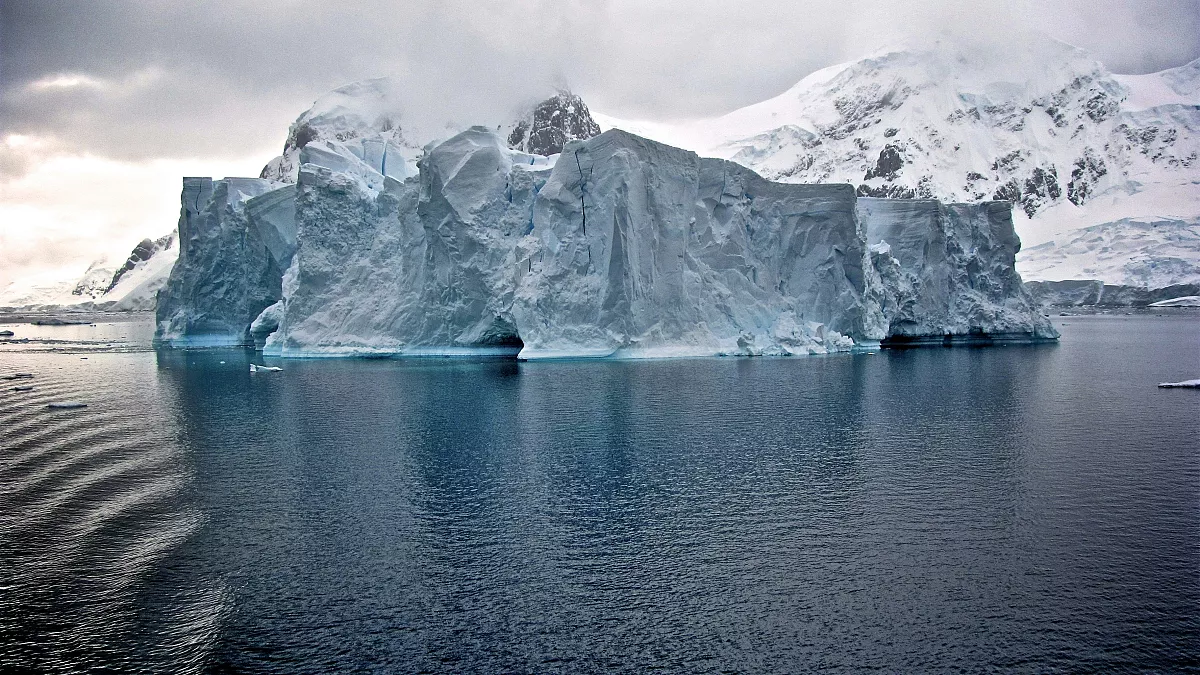The U.S. National Snow and Ice Data Centre (NSIDC) reports that the Arctic sea ice has reached its lowest peak in satellite history. Scientists caution that this concerning trend highlights the effects of climate change and may have significant ramifications for sea levels, ecosystems, and weather patterns worldwide.
Measured in March 2025, this year’s winter maximum extent is the smallest since satellite monitoring started in 1979. In addition to having an impact on the Arctic ecosystem, the melting ice is changing global geopolitics by creating new shipping routes and escalating competition for the region’s natural resources.
Because less ice means less sunlight is reflected back into space, which causes oceans to absorb more heat, experts warn that the loss of Arctic ice accelerates global warming. Rising sea levels, more extreme weather events, and changes to ocean currents that control global temperatures could result from this.
With world leaders facing pressure to act, climate scientists emphasize the urgent need for policies to curb carbon emissions and slow down Arctic ice loss before irreversible changes occur.





